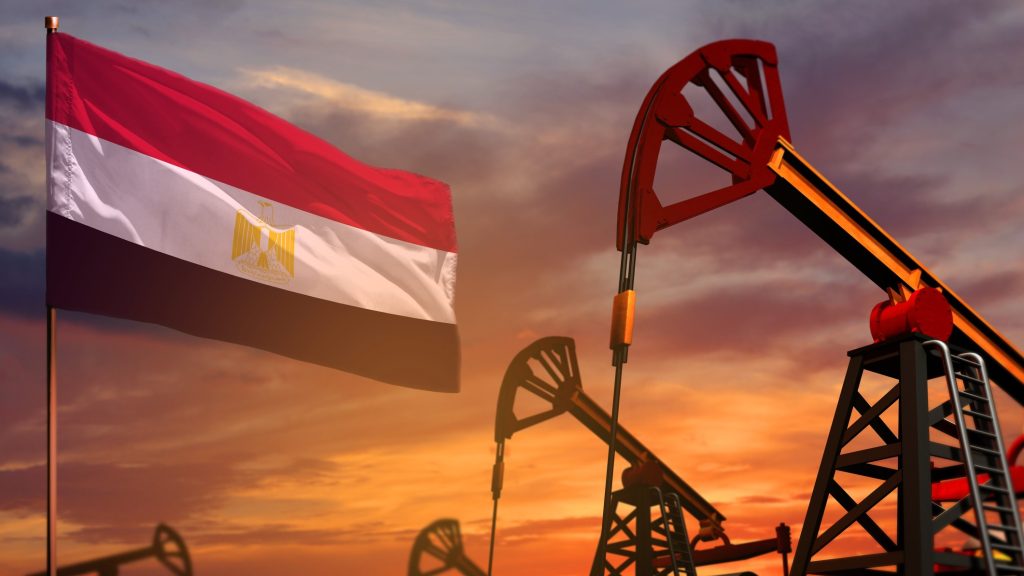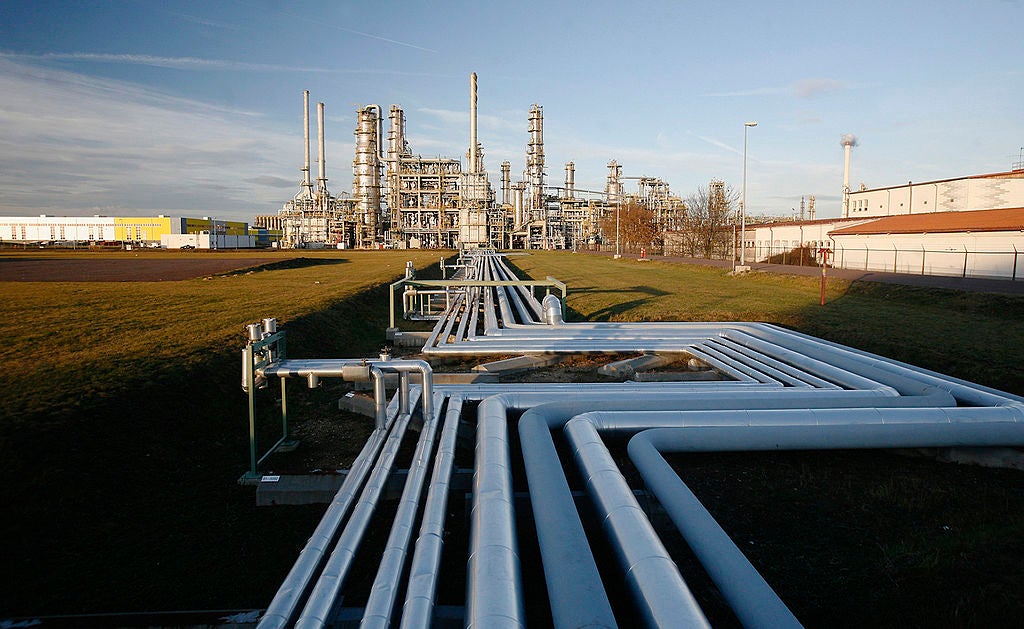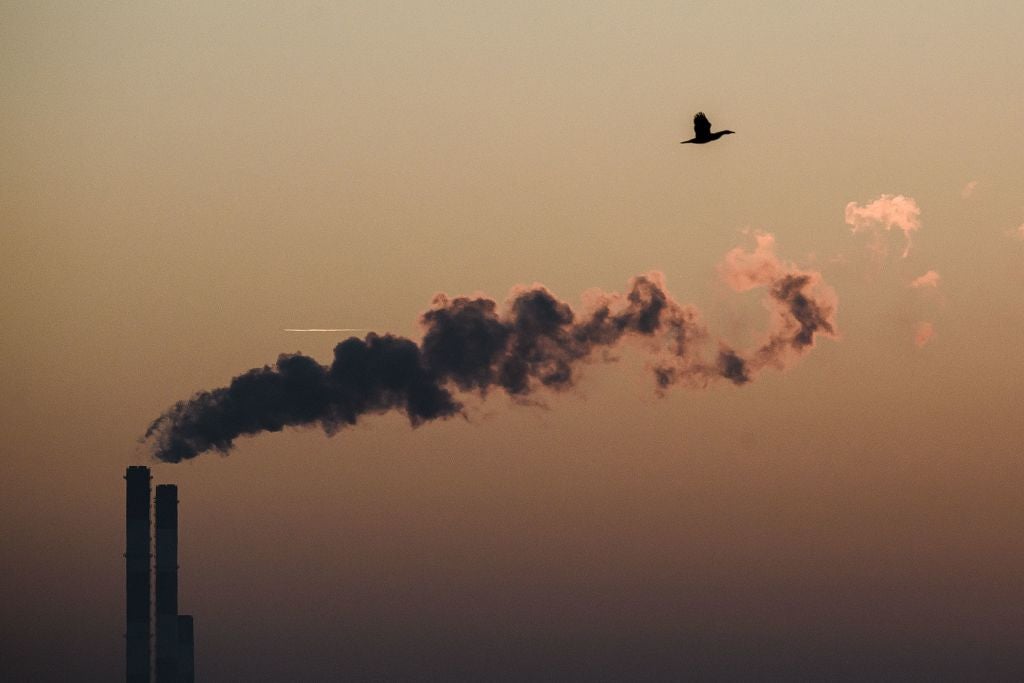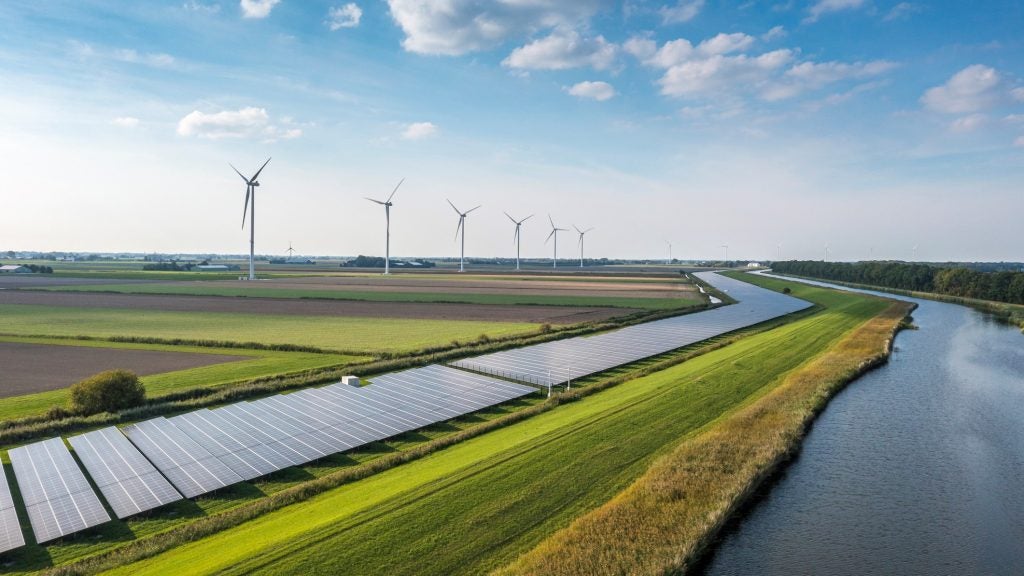Bernard Looney, the CEO of BP, met with Egyptian President Abdel Fattah El-Sisi on Monday (28 August) to discuss investment into Egypt's exploration, production and local development of oil, gas and renewable energy.
In a joint statement issued after the meeting, the president praised BP’s expansion in the country, and Looney shared plans of a $3.5bn investment in collaborative projects with Egyptian partners over the next three years. The statement highlighted that BP’s work is enhancing efforts to transform Egypt into a regional hub for oil production and energy trading.
BP has worked in partnership with Egypt for almost 60 years, investing more than $35bn in oil, gas and renewable energy. According to the released statement, the company now intends to invest in the areas of emissions reduction, energy transition and green hydrogen production.
With its partners, BP currently produces around 60% of Egypt’s gas, including almost 1bcf/d through the West Nile Delta gas development, in which it holds an 82.75% stake.
BP also holds 100% equity in the Atoll gas field, which currently produces around 300mmscfd and feeds the country’s national gas grid. BP has said it is “very confident in Egypt’s vision to become a regional energy hub. We stand firmly behind Egypt to support delivery of this vision”.
More recently, Lightsource BP has also begun to invest in Egyptian solar power via a joint venture with local partner Hassan Allam. The industry is in its youth in Egypt, although Lightsource BP has seen success in Europe as the largest utility-scale solar developer.
Across BP’s filings since 2019, Egypt is also the second most mentioned country in the African continent, after Angola, where BP have a 50% stake in Azule Energy, Angola’s largest independent equity producer of oil and gas.
Despite this, statistics collected by GlobalData, Energy Monitor's parent company, have revealed more active jobs in BP in Egypt than Angola, although South Africa has dominated the employment scene for BP in Africa. BP has a 50% share in SAPREF, the largest crude oil refinery in Southern Africa, and intends to invest SAR10bn ($2.7bn) the country over the next five years.
Looking beyond BP, there has been an increase in active jobs across the broader oil and gas industry in Egypt. Halliburton currently dominates the hiring scene, according to GlobalData statistics, followed by Baker Hughes.
Meanwhile, BP’s closest competitors in Egypt's hiring market for oil and gas include Eni SpA, John Wood Group and Akzo Nobel NV. Companies are seeking to increase hires, a trend fitting with the country's intentions to become a hub for energy trading and oil production.
Our signals coverage is powered by GlobalData’s Thematic Engine, which tags millions of data items across six alternative datasets — patents, jobs, deals, company filings, social media mentions and news — to themes, sectors and companies. These signals enhance our predictive capabilities, helping us to identify the most disruptive threats across each of the sectors we cover and the companies best placed to succeed.














